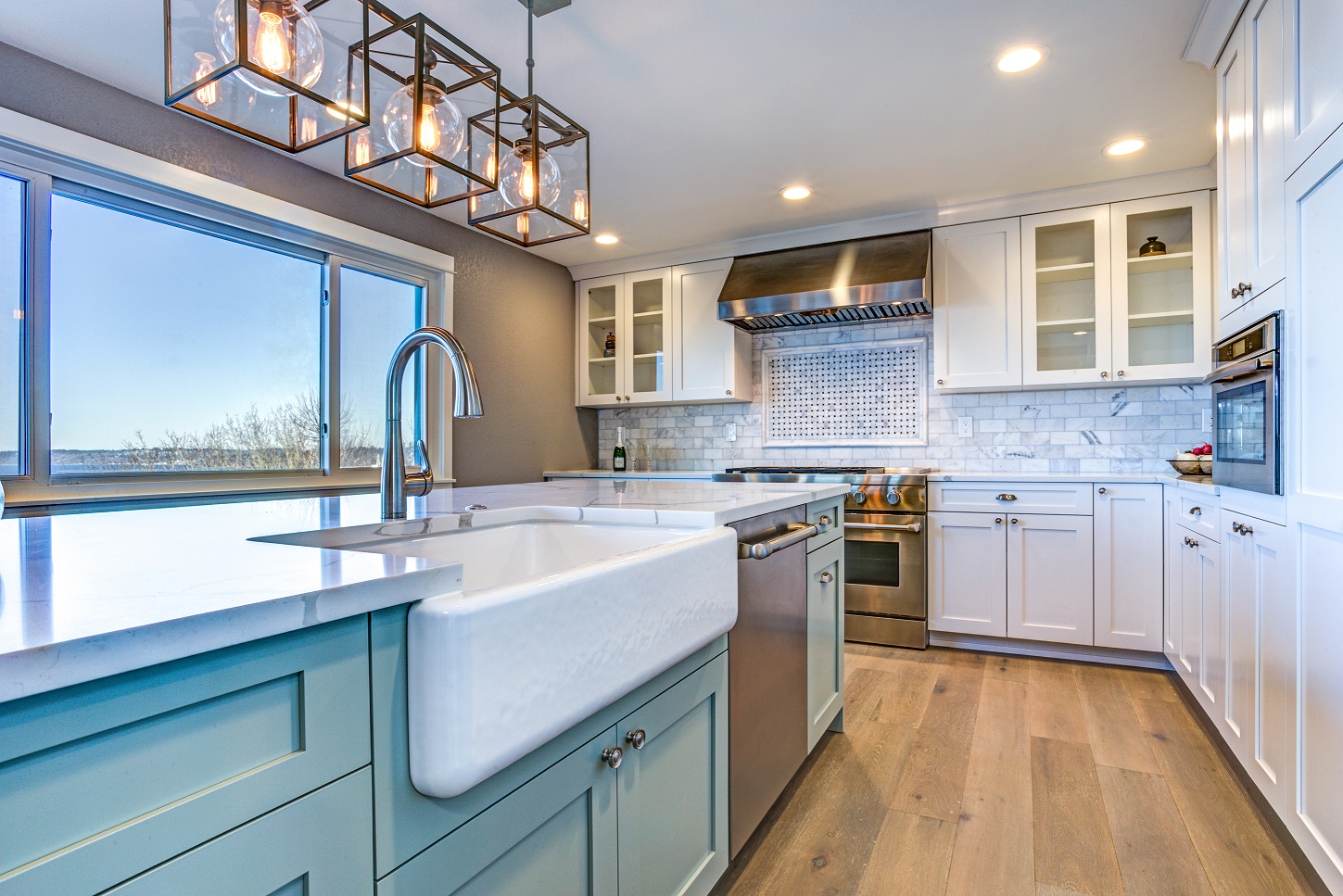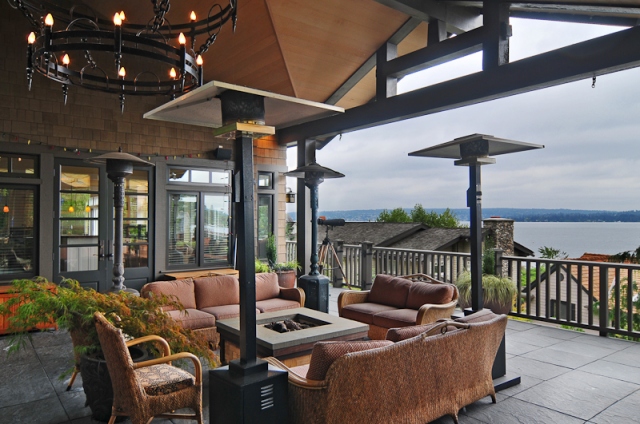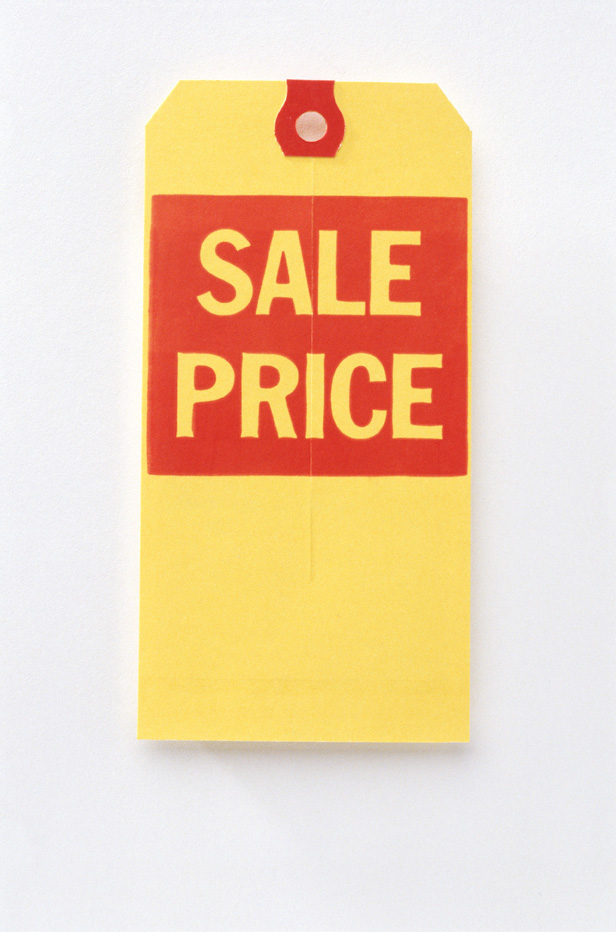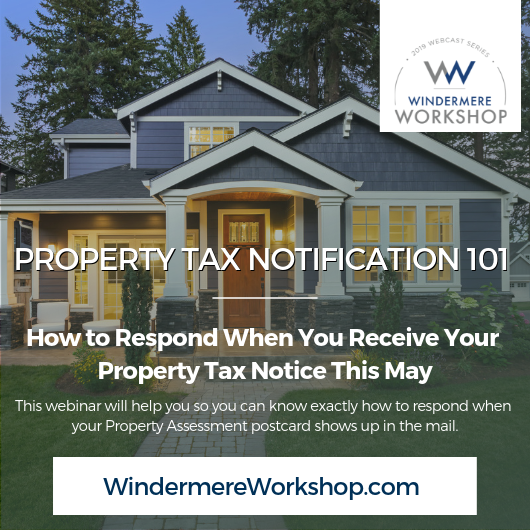A home that exudes beauty from the inside and the outside is also a true reflection of its owner. Today, homes are not just mere living spaces that are filled up with furniture – every home has a character, design theme, and personality of its own, characterized largely by the material used to build it, the color scheme on the inside and outside, and also the accents and hues of every element that goes into it.
One such building material is Timber, which truly brings out the class and beauty in a home. Timber frame houses have many positive attributes to them and are rightfully becoming one of the most popular choices for home building material. Let’s look at some of the pros of using timber for your home:
- Look and feel
Timber is one of the classiest looking building materials, with a sleek finish and a light but sturdy build. Timber, being a natural material, also has a natural feel to it, of course without compromising on reliability. Timber both on the inside and the outside looks amazing and is also quite easy to work with in terms of designing and color palettes. Timber comes in a number of finishes and colors. You could go for a smooth and sleek finish it even a textured look for a more rustic feel. There’s also distressed timber which gives a home a vintage and retro look and comes in a darker shade.
- Heat and cold
Timber framing and construction allows you to enjoy the benefits of its insulating properties. Not just that, it also retains heat and maintains a conducive temperature and atmosphere inside the home. Timber is one of those materials that would sustain you in both hot and cold climatic conditions, and you wouldn’t have to spend too much on HVAC solutions either.
- Longevity and ease of use
Timber is surely one of the most durable materials for constructing a home, especially the new age timber frames which go through special treatment to make the material is stronger, more resistant and also durable. The best part is that timber is also such an easy and convenient material to work with. The build time for a timber frame home is significantly lesser than most other traditional materials. Erecting a timber frame home can be done with ease, and it also does not require any extensive concrete footings, hence the quickness of construction.
- Versatility outdoors and indoors
There are umpteen options for you to choose from, where timber can be used to add-on to the beauty of your home both internally and externally. Outdoor kitchens, pergolas, gazebos, picnic shelters, covered decks, bridges and so much more can be done to the external area of your home.
For the interiors as well, timber can be used for frame accents, staircases, and beautiful railings, and complete timber frame kits and packages come with everything you’d need, including door, window, roof and wall enclosure systems that provide the support your timber frame home needs. Imagine a spacious timber frame home with an open, gourmet kitchen and a dramatic winding staircase? Or even floor to ceiling windows that allow ample natural light to encompass the home. All of this and more is very much possible with timber as the main material.
- Space utilization
Want to make the most of every inch of space you have for your home? Timber framing is one of the best ways to do this! A timber frame floor plan is so flexible and dynamic, and you can add absolutely anything you want, as long as you include it into the final plan. Want to add an extra room? Opt for bigger doors and windows? Or maybe use the extra roof space to create a handy loft? All of this and more is quite easy to do with a timber frame home, and that’s what makes your home uniquely yours in both design and functionality.
Bottom Line
Costs are usually a concern while building a new home or re-doing an existing one, but timber is one material that gives you total value for the money you spend. A regular brick and mortar home is expensive as is and doesn’t provide you with any additional benefits. Timber, on the other hand, gives you all the above-mentioned benefits and more, so in terms of cost to value ratio, is a much smarter and more sensible option to go for. So, to create a uniform look and feel both inside and outside, timber is the ideal material to bring out the true beauty of your abode!
Our Guest Author is Tyler of Hamill Creek Timber Homes.
 Facebook
Facebook
 X
X
 Pinterest
Pinterest
 Copy Link
Copy Link






 In today’s market, I am consistently seeing that buyers are looking for the “cream puff” listings. They want a home that is well maintained, “move in” ready, priced well, and in a good location. No surprise there, right?
In today’s market, I am consistently seeing that buyers are looking for the “cream puff” listings. They want a home that is well maintained, “move in” ready, priced well, and in a good location. No surprise there, right?

 By Aimee Shriner
By Aimee Shriner






 If you are a homeowner, you probably know all-too-well how costly home repairs can be. And, thanks to Murphy’s Law, appliance break-downs seem to happen at the worst possible time—like when you are selling your home. For this reason, it is in the best interest of all home sellers to consider purchasing a home warranty.
If you are a homeowner, you probably know all-too-well how costly home repairs can be. And, thanks to Murphy’s Law, appliance break-downs seem to happen at the worst possible time—like when you are selling your home. For this reason, it is in the best interest of all home sellers to consider purchasing a home warranty.